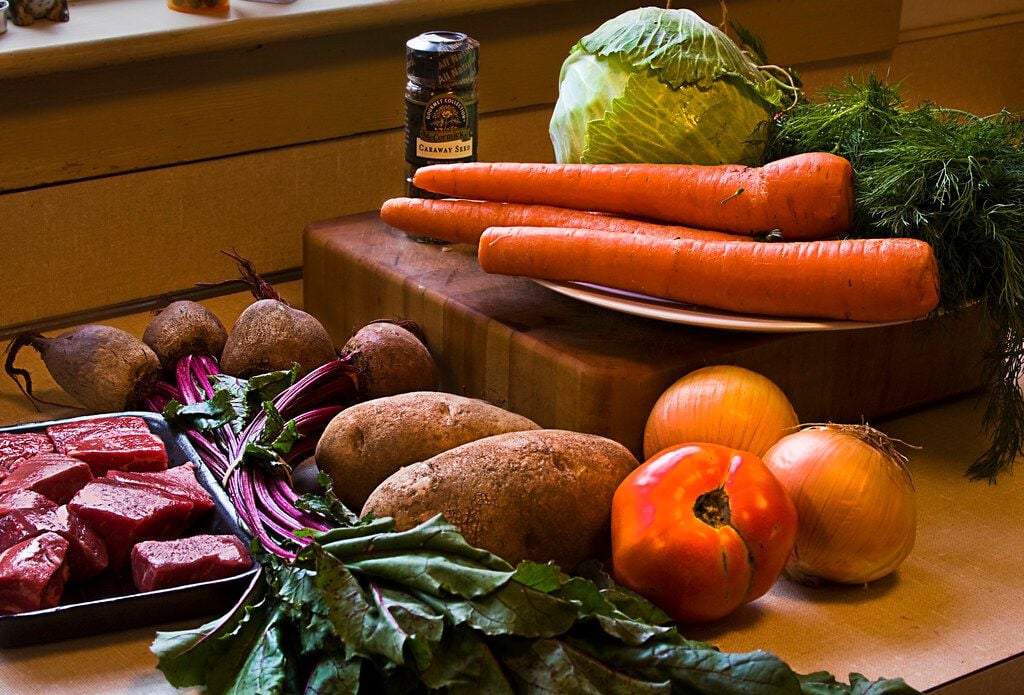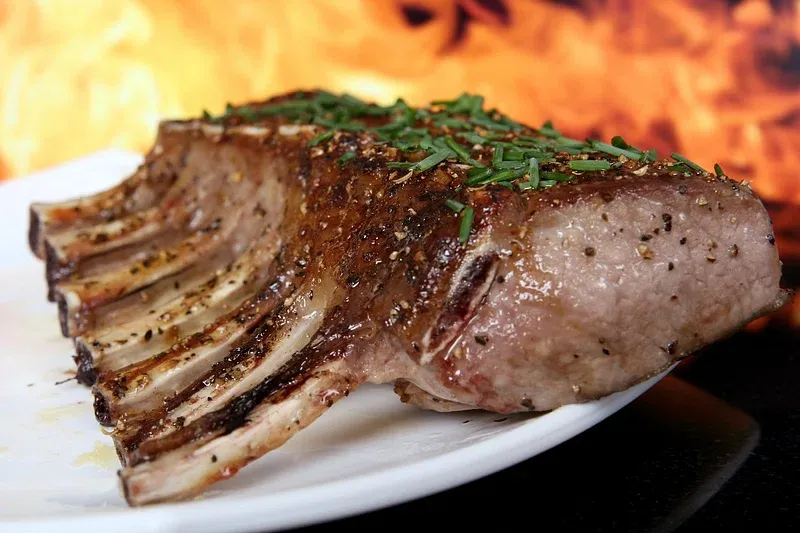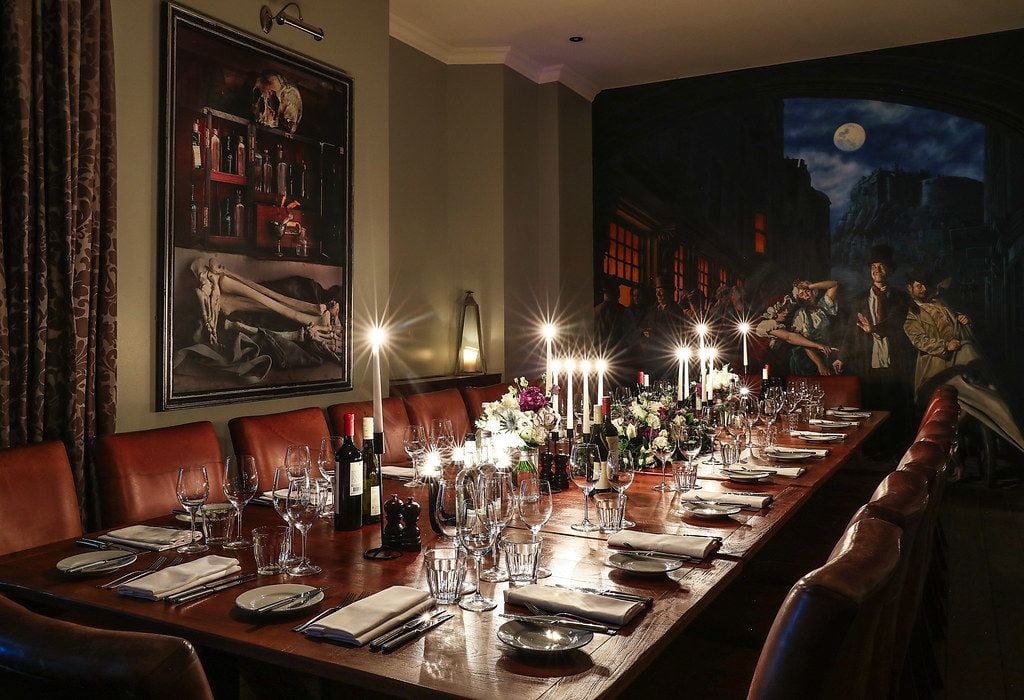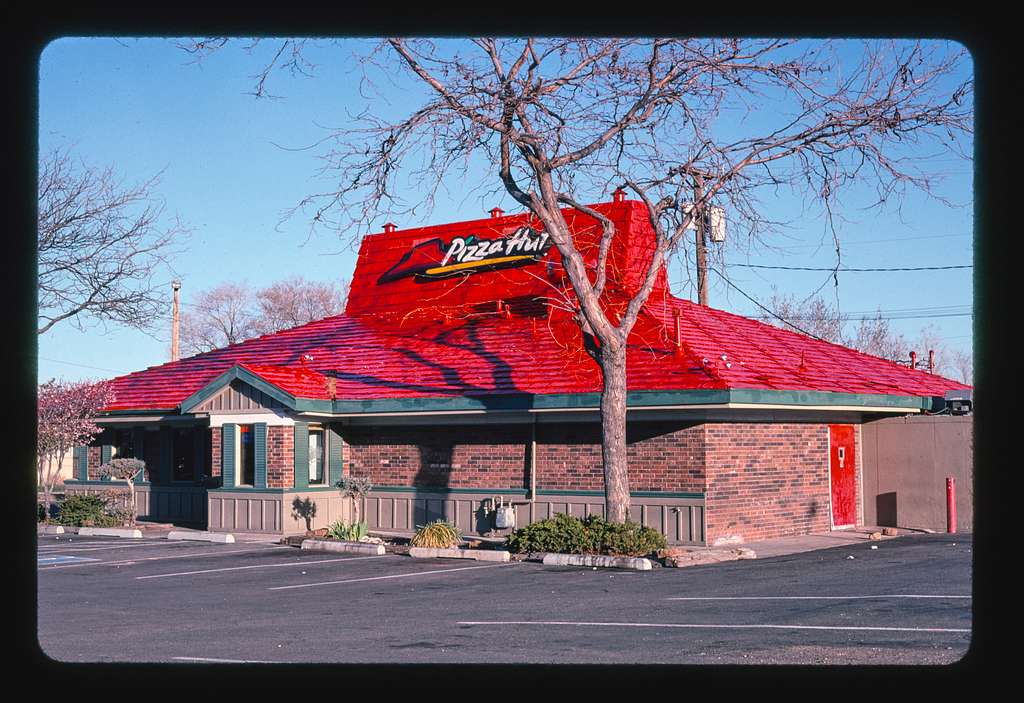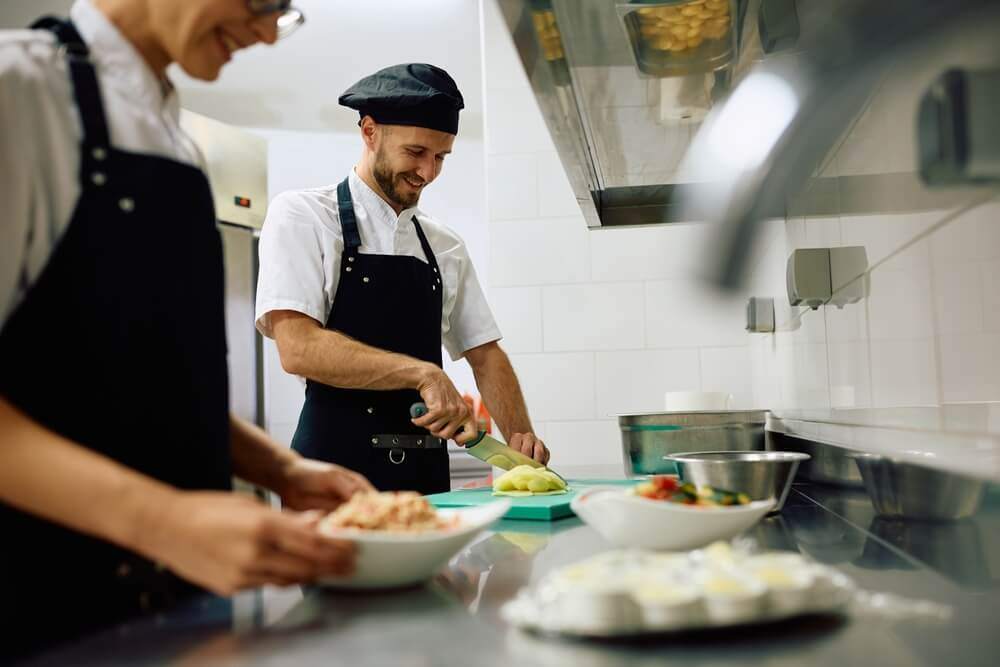
Queen of Gullah Cuisine: The Inspiring Story of Charlotte Jenkins
- Sep 14, 2024
Meet Charlotte Jenkins in her lively kitchen in South Carolina, aged 81. Give a closer look at the pot in her hands, brimming with perfectly cooked rice. This, she insists, is how rice is meant to be cooked. And she should know, as she has been cooking since she was a child – that's 70 years perfecting her craft. The rice, much like Jenkins, is a storyteller; a metaphor for her deep-seated origins encapsulating the rich traditions of the Gullah Geechee communities in South Carolina. Imbued with the vibrant sounds, smells, and tastes of West Africa, Jenkins's cooking paints an enduring portrait of a history rooted in the brutal yesteryears of slavery.
If you think Jenkins is merely a home-cook, you'd be wrong. She exudes the confidence and ingenuity of a highly skilled chef, measuring ingredients with her eyes and her instincts. She reveals her age-old trick of wiping the pan clean between frying to prevent flavor contamination. Her final product, okra purloo, is a dish that mingles textures and flavors, affirming her stature as a world-class culinary talent.
Though Jenkins and her late husband, Frank, received national recognition for their restaurant 'Gullah Cuisine' in Mount Pleasant, she never quite made it into the pantheon of Black culinary legends like Edna Lewis and Leah Chase. This is partly due to an embedded racial disparity in Charleston's past, intertwined with politics around rice, wealth, and control. Yet, the late acclaim for Jenkins's epic culinary skills are a testament to her worthy place among gastronomy greats. After all, as she herself says, “I’ve earned it.”
Rice cultivation in the Lowcountry of South Carolina brings forth a bitter history of suffering for the African slaves brought to work on the plantations. Deadly reptiles, swarms of parasites and unthinkable hardship was an everyday reality. Planters often targeted specific West African tribes for enslavement due to their expertise in growing rice, a crop deeply ingrained in African culture for thousands of years. This brutal exploitation led to unimaginable wealth for plantation owners, cementing Charleston as the wealthiest city in America for a century.
The prosperity of Charleston is shrouded in the screams and sweat of enslaved Africans. With immense wealth came a white-dominated aristocracy and power to transform colonial Carolina into an international powerhouse. As Charleston-based chef and writer Amethyst Ganaway puts it succinctly, “There would be no America without rice.”
After the Civil War ended in 1865, freed African Americans in South Carolina formed settlements on eastern islands where they could reconstruct their communities in peace. These communities became the birthplace of the flourishing Gullah Geechee culture, cuisine, and commerce. Small rice plantations fell, but the importance of rice persisted, merging African traditions with American ingredients to create an array of wondrous dishes.
Yet, Gullah Geechee cuisine hardly takes center stage in Charleston's dining circles. Rather, it appears oddly absent, hidden in plain sight. Ganaway attributes this to the city’s white population not wanting to openly acknowledge the significance of Black culinary contributions. Despite the challenges, Ganaway confesses feeling an indomitable connection to Charleston and its cuisine pulling her back, igniting a newfound appreciation for her heritage.
Charlotte Jenkins echoes this sentiment, acknowledging the less than progressive racial climate of Charleston while celebrating the city’s undeniable allure. Vestiges of the past persist all the way to New York, where acclaimed cookbook author and restaurateur Alexander Smalls keeps the tradition of his South Carolinian roots alive, cooking rice grits smothered in seafood gravy, reminiscent of his family’s cooking in his native Charleston.
Efforts to maintain and appreciate Black traditions of rice cultivation in South Carolina are spearheaded by individuals like Rollen Chalmers, who farms and harvests Carolina Gold rice on land once used as a plantation and sells it in his family-owned store, Rollen’s Raw Grains.
Charleston is also home to new additions like the International African American Museum, which opened in 2023 on Gadsden’s Wharf. Here, the rice story and the voices of those who first planted it resonate with the city’s present, touching countless lives.
Amethyst Ganaway points to the sacred rituals of cooking rice as mystical means of connecting with their ancestors. In every nook and corner of South Carolina, culinary activities are not just customary processes but bear deep ancestral value and affinity. They provide a window into our past, slowly unveiling layers of hitherto forgotten or ignored histories.
To truly appreciate the beauty and complexity that Charleston has to offer, one must look beyond the obvious. It is a city laden with beauty and rich history, seen in every carefully crafted dish that emerges from the kitchens of the local chefs or homes. Like Charlotte Jenkins, all the cooks in Charleston bring more than just delicious food to the table; they serve a medley of emotions, layered histories, and deep-rooted traditions that transcend generations and remind us of our shared human experience.
Amid these widespread efforts to uncover and honor the culinary legacy of the Gullah Geechee, the city remains simultaneously vibrant and troubled, a charming testament to the resilience of a culture that refuses to be erased. A trip to Charleston is more than just a regular tour; it's a journey into the past, where we embrace the stories written in the very grains of rice that made this city what it is today.


